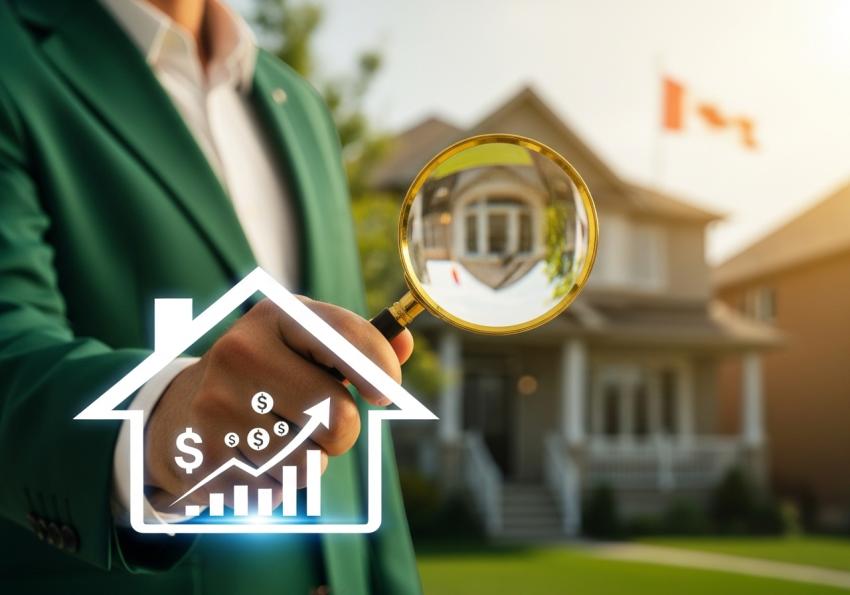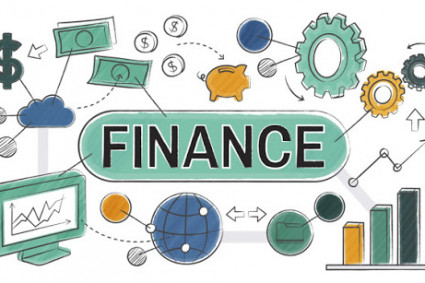
Introduction: The "House-Rich, Cash-Poor" Dilemma
If you're a Canadian homeowner aged 55 or older, you're likely in a unique position. You’ve spent decades building equity in your home, which has become your single largest asset. But there's a catch: you can't spend that equity at the grocery store.
This is the classic "house-rich, cash-poor" dilemma, and it's incredibly common. You want to enjoy your retirement, maybe renovate the house, or help your grandkids, but you don't want to sell the home you love and move.
This is where the conversation about reverse mortgages in Canada begins. You’ve probably seen the ads, but they can be confusing and, let's be honest, sound a little too good to be true.
As a guest expert in financial literacy and digital strategy, my goal is to cut through the jargon. We'll give you a clear, no-nonsense look at what this product is, who it's for, and the critical questions you must ask.
What is a reverse mortgage, anyway?
Let's get rid of the mystery first. A reverse mortgage is a loan that uses the value of your home as collateral.
With a regular mortgage, you pay the bank to build equity. With a reverse mortgage, you can get cash from the bank by "unlocking" the equity you already have.
These are the three golden rules:
You Must Be 55+: This is a financial product made just for older homeowners.
This is the big one: no monthly payments. You don't have to make any monthly mortgage payments as long as you live in the house.
You Pay Back the Loan When You Leave: You owe the loan balance (the money you borrowed plus all the interest that has built up) when you move out for good, sell the house, or die.
The "CHIP Home Income Plan" from HomeEquity Bank is the most popular in Canada.
Why It's an Attractive Option: The Upside
The benefits of reverse mortgages in Canada can be very big and life-changing for the right person.
You Get to Keep Your Home: This is the main emotional reason. You don't have to move to a smaller home, so you can stay in your community and the home you love.
Tax-Free Cash: The money you get, whether it's a single payment or monthly payments, isn't taxable. It won't change your Old Age Security (OAS) or Guaranteed Income Supplement (GIS) benefits.
- Total Flexibility: You can use the money for anything.
- Pay off high-interest credit cards or other debts.
- Fund a major home renovation (like making it more accessible).
- Cover monthly expenses to relieve financial stress.
- Help your children with a down payment of their own.
You're Protected from Negative Equity: Reputable Canadian lenders guarantee that if your home's value drops significantly, you (or your estate) will never owe more than the fair market value of the home at the time it's sold.
The Catch: What the Ads Don't Say (The Risks)
You need to know what you're getting into before you buy this product. The risks are just as real as the rewards.
Higher interest rates: This is what you get for "no monthly payments." Reverse mortgages have much higher interest rates than regular mortgages.
Your Debt Grows (Fast): Because you aren't paying down the interest each month, it gets added to the loan balance. This is called "compounding interest," and it means the amount you owe can grow very quickly over 10, 15, or 20 years.
Less Inheritance for Your Heirs: This is the big, emotional hurdle. The loan is paid off by the sale of the house before your children or beneficiaries get anything. If the loan balance has grown significantly, it will substantially reduce (or even eliminate) the inheritance left from the property.
Fees & Costs: There are setup fees, including independent legal advice (which is mandatory and a good thing!), closing costs, and an appraisal fee.
How to Vet Your Lender in the Digital Age
Okay, let's say the pros outweigh the cons for you. Your next step is finding a reputable lender. In 2026, a lender's professionalism is on full display.
You are about to enter a major financial contract. How that company presents itself online is a massive indicator of its legitimacy and security.
The Website Test: Does their website look modern, professional, and secure (with the "httpss" padlock)? A lender handling millions in assets should have a platform built with professional web development standards. If their site looks like it’s from 1999, it’s a red flag about their investment in security.
The Process Test: What do they do with your private data? A high-quality lender won't just tell you to "email your financial statements." They will have secure, encrypted client portals or even custom digital platforms where you can upload documents.This isn't just a "nice to have"; it's a critical part of protecting you from identity theft.
When you're vetting a provider of reverse mortgages in Canada, ask them about their digital security process. A good answer will give you confidence.
Conclusion: A Tool, Not a Cure-All
A reverse mortgage is not "free money." It is a powerful, complex, and expensive financial tool.
It is not a good idea if your main goal is to leave a large inheritance. It is a powerful solution if your main goal is to maintain your quality of life and stay in your home without the stress of monthly payments.
The final decision should never be made alone. Before you sign anything, you are required to get independent legal advice. I would go one step further: sit down with a trusted, independent financial planner and your family. Look at the numbers, talk about the emotional impact, and decide together if this tool is the right move for your retirement.




